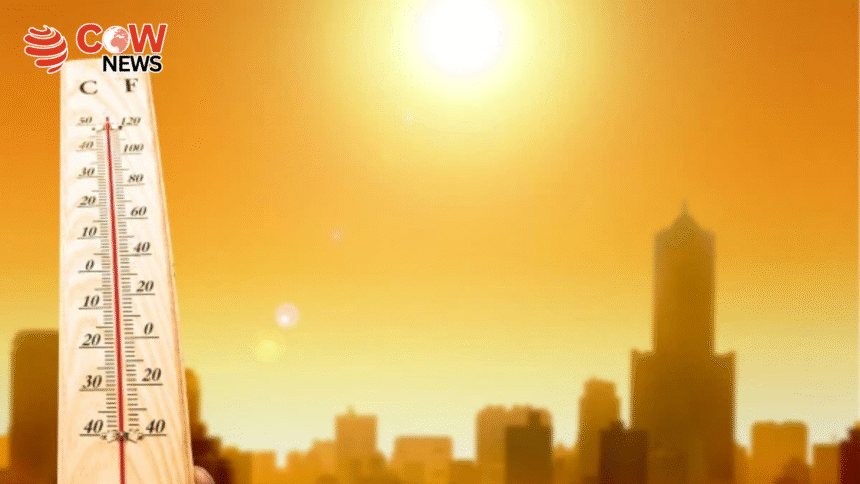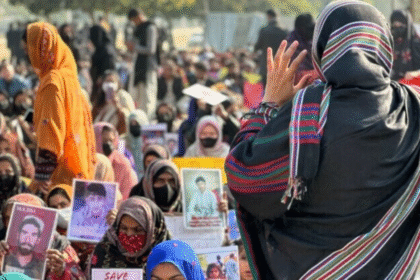London ( The COW News Digital)A devastating heatwave sweeping across 12 major European cities has claimed 2,300 lives within just ten days, triggering alarm among climate scientists and public health experts.
According to international news agencies, the fatalities occurred between June 23 and July 2, affecting cities including Barcelona, Madrid, London, and Milan. Out of the total deaths, approximately 1,500 have been directly linked to climate change, disproportionately impacting the elderly, chronically ill, children, and outdoor workers.
Urban infrastructure played a critical role in intensifying the crisis. Experts explain that concrete buildings and asphalt roads absorb and retain heat, creating what are known as “urban heat islands”, which further elevate temperatures during heatwaves.
Dr. Ben Clarke, a researcher at Imperial College London, emphasized that climate change has significantly increased the baseline temperature. “These elevated temperatures are now pushing vulnerable populations into life-threatening conditions,” he warned.
Echoing his concerns, Dr. Garyfallos Konstantinou, a global health expert, remarked, “An increase of just 2 to 4 degrees Celsius can be the difference between life and death. That’s why heatwaves are known as ‘silent killers’—because many of the deaths occur quietly at home or in hospitals.”
Data from Copernicus Climate Change Service reveals that June 2025 was the third hottest June on record globally, and the hottest ever recorded in Western Europe. The report also noted a surge in “tropical nights”—a condition where nighttime temperatures remain high enough to prevent the human body from properly cooling down, particularly dangerous for heart and respiratory patients.
Scientists have further warned that due to the persistent emission of greenhouse gases, future heatwaves will become more intense, more frequent, and more deadly. Without urgent mitigation efforts, Europe—and the world—may see far worse in the coming years.
The tragedy serves as a wake-up call for governments and citizens alike to treat climate change not as a distant concern but as an immediate public health emergency. Experts are calling for adaptive urban planning, stronger heat alert systems, and comprehensive strategies to protect vulnerable populations.







